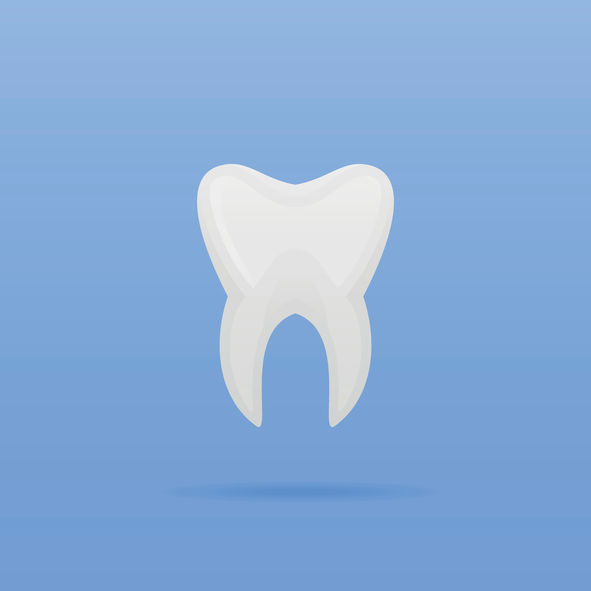
What to do when you have toothache?
We have some tips to help you to reveal the pain of cavities.
Few pains are as unbearable as toothache. It is a constant, dull, heavy ache that makes it impossible to think about anything but the tooth. This ailment is very common, and it can be painful enough to interfere with our daily routines.
The General Council of Odontology and Stomatology Colleges of Spain says that 22% of the Spanish population has had mouth pain in the last six months, and the most frequent cause is toothache, which is responsible for 12% of all cases.
Caries are the main cause of toothache. They appear when plaque (the yellowish layer of food debris and bacteria) builds up on the teeth and is not removed properly, solidifies and damages to the molar to the extent that it makes a hole. To start with, tooth decay does not hurt, but if it is not treated in time, it can affect the nerve, causing damage and pain.
What you can do before your dental appointment
If you have a bad toothache then you must go to the dentist for an examination and treatment. While you are waiting to see the dentist, these recommendations may help to stop a bad situation from getting worse:
– Medications
You can soothe the pain by taking analgesics like paracetamol or a nonsteroidal anti-inflammatory like ibuprofen. If you have a tooth, gum or bone infection, you will have to take antibiotics. In both cases, these medications must be prescribed by a doctor.
– Soft foods
It is best to avoid very cold, very hot or hard foods, because the tooth is hypersensitive and you will experience a sharp stabbing pain. Choose soft foods that do not need much chewing. Stay away from sweets, sugars and sticky foods like dried fruits, which will make the pain worse.
– Apply local cold
Cold compresses applied to the cheek over the affected tooth may help to soothe the discomfort and to reduce inflammation, thanks to their analgesic effect. On the other hand, avoid putting ice inside your mouth, which may make it hurt more.
– Don’t try miracle cures
The Internet is swimming with home remedies and treatments, for example using cloves or garlic on the tooth. There is no evidence that any of these work. Experts advise not experimenting, as you may make the problem worse.
– Oral hygiene
Brush your teeth after every meal. This can soothe the pain, particularly if you have a problem with your gums. Don’t forget to use floss to remove debris from between your teeth and give your mouth a final rinse with some mouthwash.
Remember to have a scale and polish every year (or every six months) to prevent plaque from building up, which can cause damage to the teeth and gums.
You should have dental check-ups even if you are not suffering from any discomfort. Routine checkups will avoid future problems.
This post is also available in: Italian
